SCRIPTS Research Units
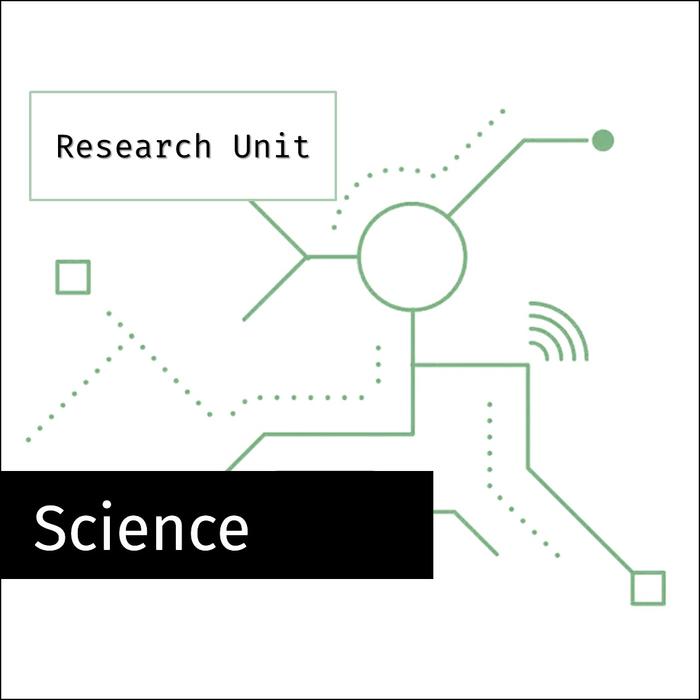
Science
RU Science analyses contestations of the liberal script as epistemic contestation. Questions about what counts as valid knowledge, who can credibly speak for “truth,” and how epistemic authority and scientific expertise underpin political order have become central to the contemporary crisis of liberalism. Projects focus on contestations over epistemic authority are playing out across three levels—science actors and institutions, society, and the state. At stake is not only policy effectiveness, but the very capacity of liberal democracies to sustain shared foundations for deliberation and decision-making.
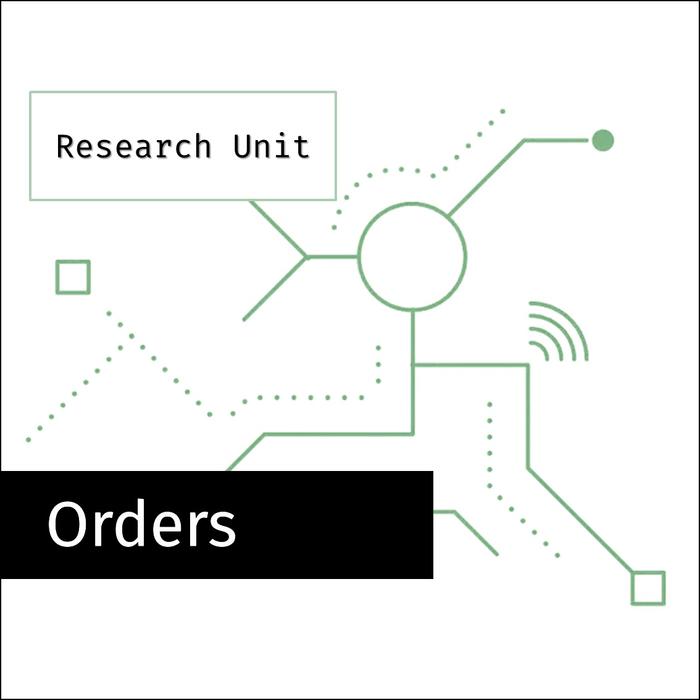
Orders
RU Orders investigates contestations of liberal political authority, institutions, and rule-making in states, in regional organizations (such as the African Union or ASEAN) as well as on the international level. It focuses not only on causes but also on consequences of contestations and examines how populism, radicalization and polarization reshape the legitimacy of democratic institutions and multilateral governance within and beyond the state. The research unit analyzes the resilience and transformation of liberal orders when confronted with internal and external challenges to democratic norms and constitutionalism.
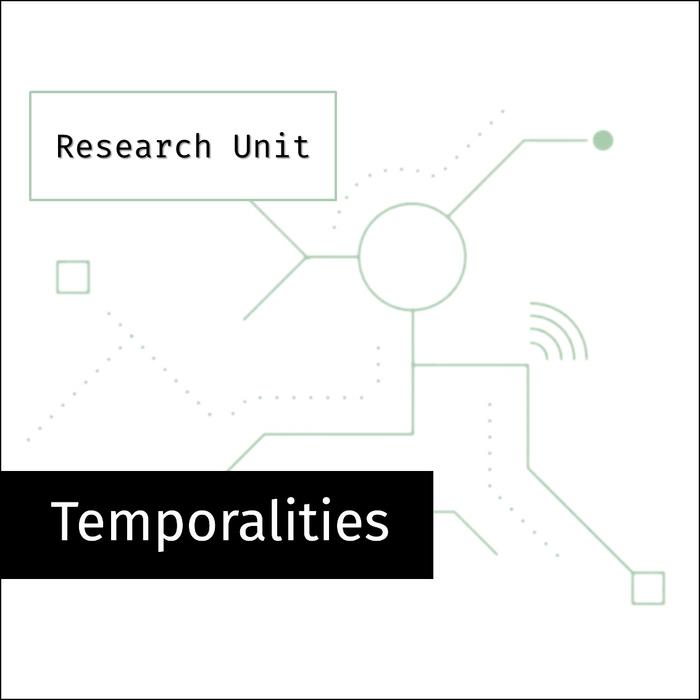
Temporalities
RU Temporalities studies how time, progress, and the future are imagined and politicized in liberal societies. It investigates how contestations over growth, sustainability, and historical responsibility reshape liberal conceptions of progress, and how shifting temporal frameworks affect the legitimacy and resilience of liberal democracy.
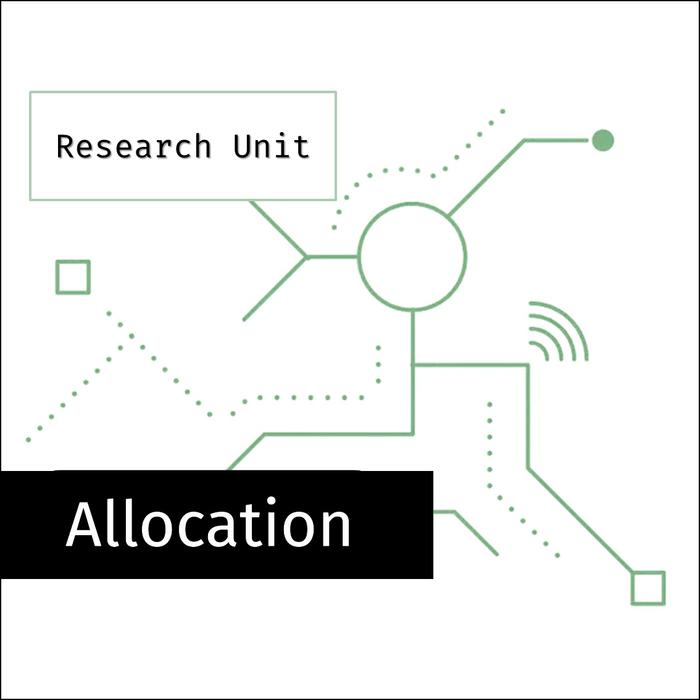
Technology, Inequality and Freedom
The first research stream, Technology and Global Capitalism, explores the nexus of technology and labour market polarization, the super-rich and new forms of colonialism. The second research stream, Technology and Democracy, examines how digital technologies reshape the media and public sphere, influence populist attempts to undermine the liberal script, and enable governments to defend or recalibrate liberal norms. It also analyzes how these dynamics play out in non-liberal contexts where core elements of the liberal script are openly contested.
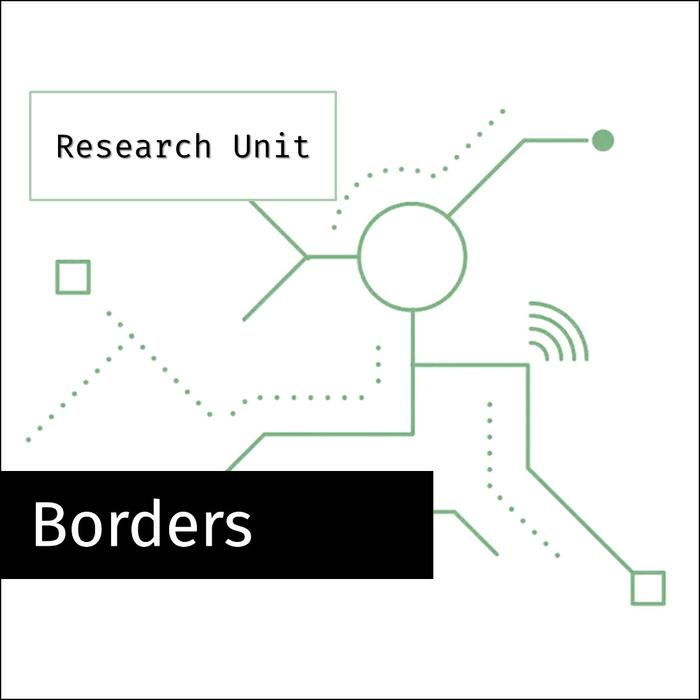
Borders
RU Borders examines how liberal principles of territoriality and citizenship are challenged and transformed by globalization, regionalization, (de)imperialization, technological change, and other global dynamics. It explores contestations of the liberal border script—including ideas of national sovereignty, mobility, inclusion, and diversity—in comparative and historical perspective.
Image Credits

Science
Image Credit: —

Orders
Image Credit: —

Temporalities
Image Credit: —

Allocation
Image Credit: —

Borders
Image Credit: —
